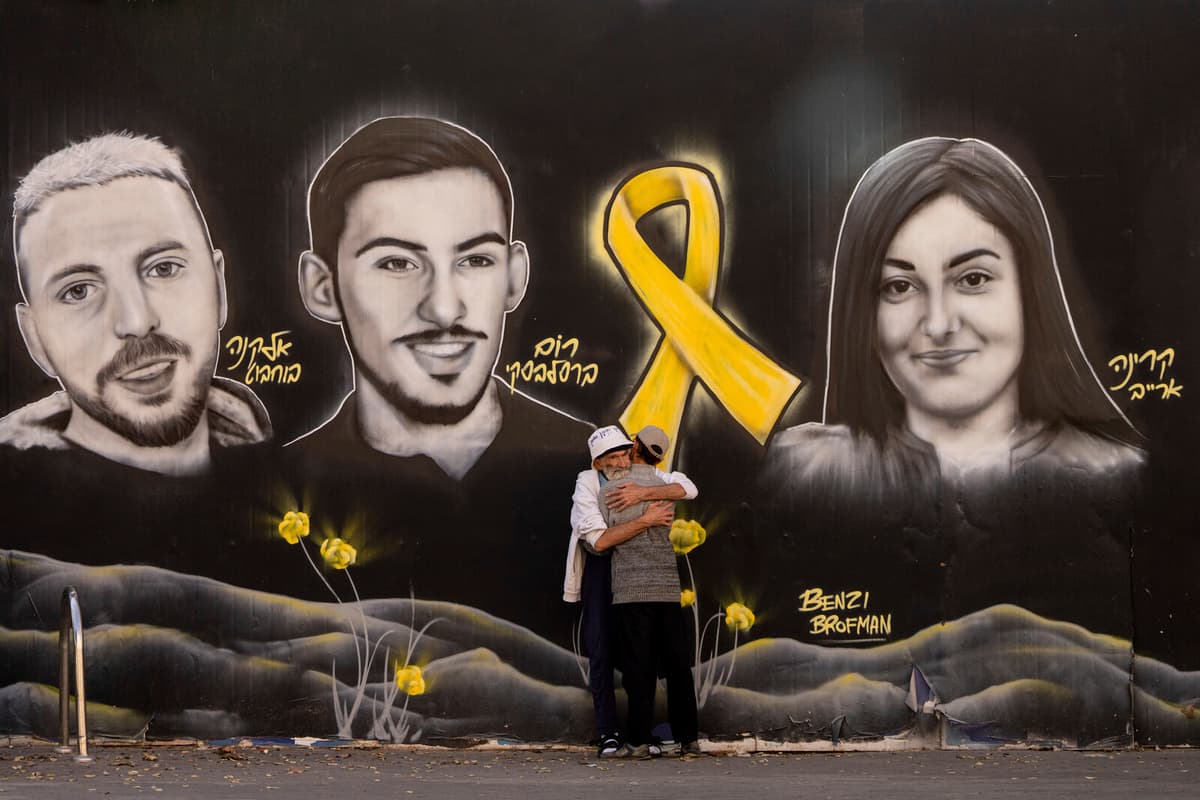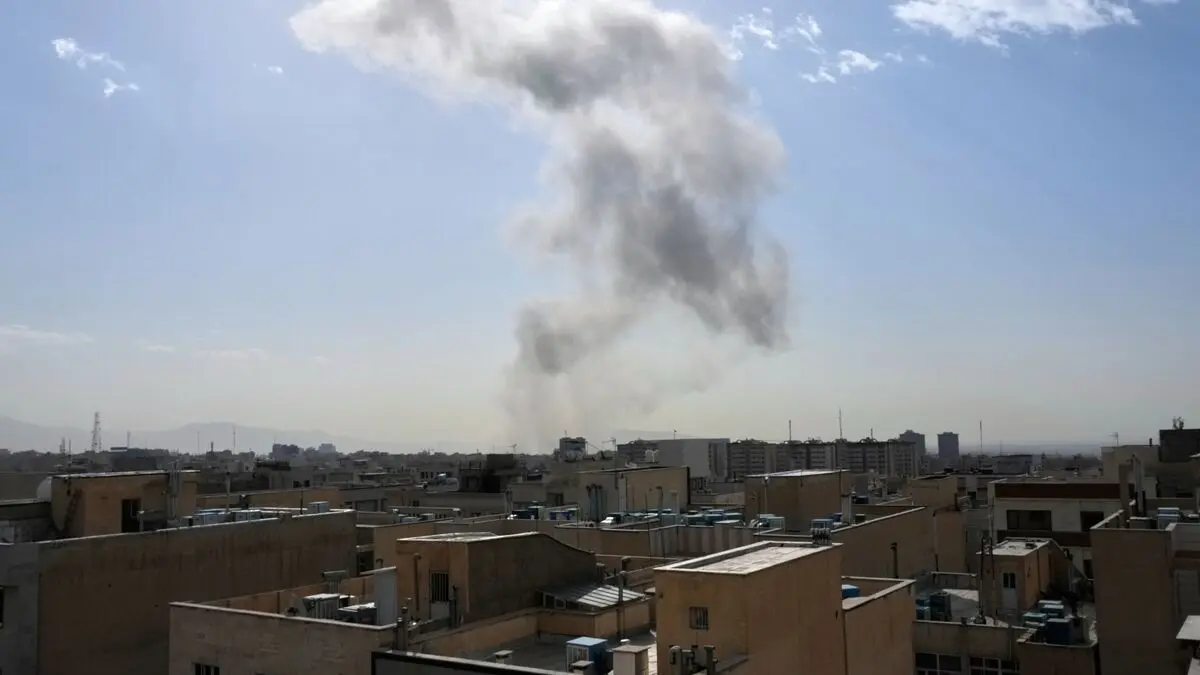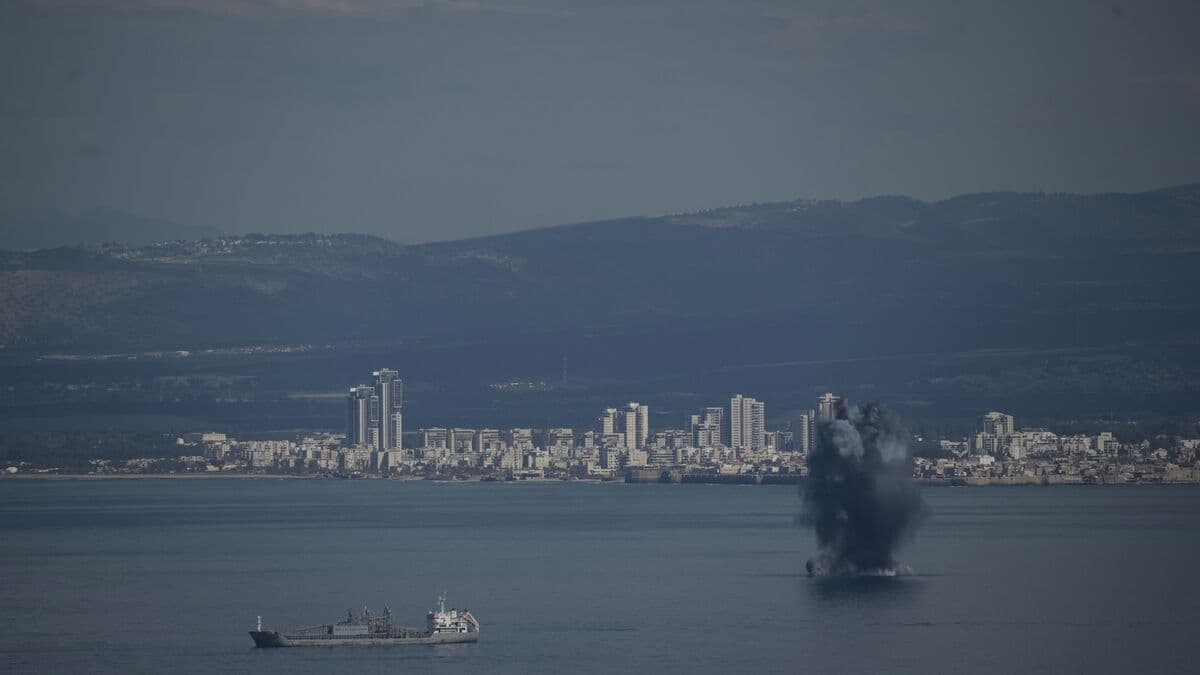The civilians in Gaza also deserve an end to the war and forced displacements, emphasized USA's President Joe Biden when he announced the ceasefire in Lebanon.
Israel's Prime Minister Benjamin Netanyahu, on the other hand, proclaimed increased pressure on Hamas and intensified warfare in the besieged northern Gaza.
Gaza is fundamentally different from Lebanon, notes Anders Persson, Israel-Palestine expert at Linnaeus University.
A ceasefire in Gaza is, in all likelihood, significantly more complicated to achieve.
The war in Gaza is about more than just security in the border area for Israel – not least about the around 100 hostages still being held by terrorist-stamped extremist groups in Gaza.
After October 7, there is also a significantly greater emotional baggage on all sides of the conflict, says Persson.
Promised Victory
For Hamas, the hostages are a trump card that allows them to maintain their tough negotiating position, even though the movement is weakened since its allied Hezbollah agreed to lay down its arms. In the peace talks, deep rifts remain, primarily about the form of an Israeli withdrawal and what role – if any – Hamas will play in a future Gaza.
Hamas has said it is ready for a settlement. Whether Israel is, is unclear.
Israel wants a ceasefire on its own terms. But does it want it on the terms that have applied so far? Probably not, says Anders Persson.
The Gaza war is also about Netanyahu's political survival. Compromises with Hamas could result in his ruling coalition, where several ministers on the far-right advocate for even tougher measures in Gaza, collapsing.
It's perhaps one of the main reasons why Netanyahu hasn't agreed to a ceasefire. Remember that he has promised total victory in Gaza and that Hamas will not be allowed to rule after the war. It's a high tree he has climbed, says Persson.
"No Light"
The war in Gaza is also about revenge – and about Israel's opposition to all forms of Palestinian independence. Israeli forces have already emptied large parts of northern Gaza of its Palestinian population. Several ultranationalists in Netanyahu's government have called for a permanent Israeli occupation of the strip, including Finance Minister Bezalel Smotrich.
We can and must conquer the Gaza Strip, we should not be afraid of that word, he said on Monday.
Mkhaimar Abusada, a Palestinian political analyst who has fled the war, does not believe that the ceasefire in Lebanon will affect the situation in Gaza.
For Gaza, there is no light at the end of the dark tunnel, he says to The New York Times.
More than 44,000 Palestinians in the Gaza Strip have been killed since the start of the war, which followed the terrorist-stamped Hamas attack on Israel on October 7, 2023. The figures come from health authorities in Hamas-controlled Gaza.
During the same period, nearly 1,600 Israelis have been killed, around 1,200 of them during the October 7 attack, according to Israeli authorities.
Among the victims in Gaza are over 330 aid workers, more than 1,000 healthcare workers, and around 180 journalists/media workers.
Approximately 1.9 million people, almost the entire population of Gaza, are on the run within the strip's borders, according to UN estimates. Many of them have been forced to flee several times.
Nearly 350,000 people are estimated to be facing catastrophic levels of food shortages, according to UN-backed IPC (Integrated Food Security Phase Classification).
Source: Ocha, Unosat, WHO, IPC






